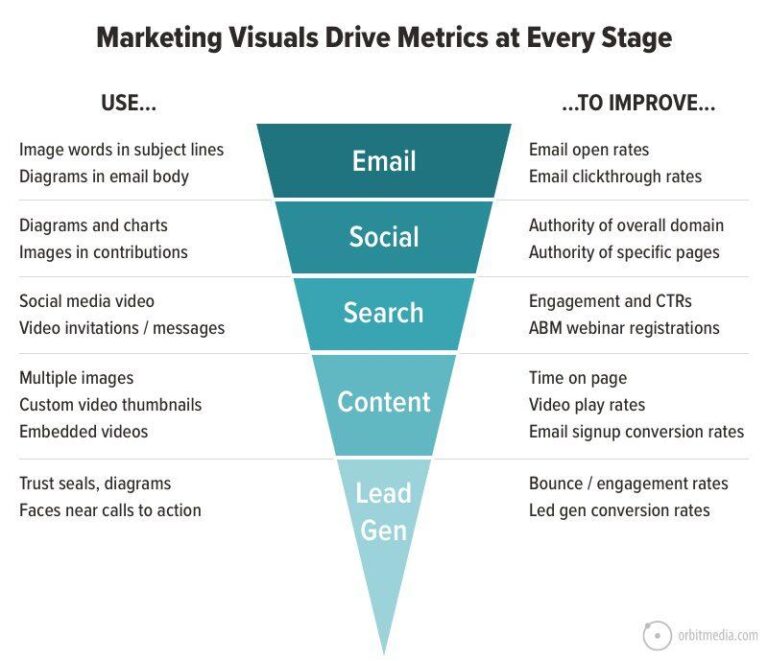Starlink Launches in Guinea-Bissau, Expanding West African Footprint
In a significant step towards bridging the digital divide in West Africa, SpaceX’s Starlink has officially launched its satellite internet service in Guinea-Bissau. This expansion marks a pivotal development in the region’s connectivity landscape, as the country joins the growing list of nations benefiting from high-speed internet access via satellite technology. With thousands of households and businesses gaining access to reliable internet services, Starlink’s entry into Guinea-Bissau is set to enhance communication, education, and economic opportunities, while also positioning the country as a key player in the advancement of digital infrastructure across West Africa. As Starlink continues to broaden its reach, this launch raises important questions about the impact of satellite internet on local communities and the future of digital inclusion in the region.
Starlink’s Impact on Digital Connectivity in Guinea-Bissau
The recent launch of Starlink in Guinea-Bissau marks a significant milestone in enhancing digital connectivity for the nation. With its satellite internet service, Starlink has the potential to bridge the existing digital divide, bringing high-speed internet access to underserved and rural communities. This innovative technology offers a new avenue for residents to engage with the global digital landscape, fostering opportunities in sectors such as education and business.
Key benefits of Starlink’s entry into the Guinea-Bissau market include:
- Improved Accessibility: Rural areas that previously struggled with limited internet options can now access reliable high-speed service.
- Boost to Economic Growth: Enhanced connectivity can help local businesses expand their reach, facilitate e-commerce, and stimulate job creation.
- Educational Advancements: Students and educators can benefit from online learning resources, creating a more equitable educational landscape.
- Enhanced Communication: Improved internet access can strengthen connections within and outside the country, fostering better communication and information flow.
| Service | Impact |
|---|---|
| Internet Speed | High-speed up to 150 Mbps |
| Coverage | Nationwide availability, especially in remote areas |
| Installation Time | Quick setup with minimal technical requirements |
Infrastructure Developments and Challenges Ahead for West Africa
The recent launch of Starlink in Guinea-Bissau marks a significant milestone in the region’s quest for enhanced internet connectivity. This development could serve as a catalyst for economic growth, particularly by facilitating access to crucial online resources for businesses and educational institutions. The move highlights the increasing recognition of the digital divide that persists across West Africa, where many areas still grapple with unreliable internet services. With Starlink’s satellite technology, users in remote locations may soon enjoy broadband speeds that were previously unimaginable, potentially transforming how they engage with the global digital economy.
However, despite this promising advancement, substantial hurdles remain that could hinder infrastructure development across West Africa. Key challenges include:
- Regulatory Barriers: Varying telecommunications regulations across countries can complicate operational efficiency for providers like Starlink.
- Investment Needs: Significant financial resources are required not only for satellite technology but also for local ground infrastructure.
- Public Awareness: There is a pressing need for educational initiatives to inform communities about the benefits and functionalities of new technologies.
Additionally, countries must collaborate to create an ecosystem that nurtures innovation and attracts foreign investment. As the competition for technological leadership heats up in West Africa, tackling these challenges will be crucial for ensuring that the benefits of connectivity reach everyone.
Future Prospects: Enhancing Internet Access and Economic Growth
The introduction of Starlink in Guinea-Bissau marks a significant turning point in the telecommunications landscape of West Africa. As digital infrastructure improves, the potential for enhanced Internet access directly correlates with economic growth in underdeveloped regions. With high-speed satellite internet, local businesses can now reach a broader customer base, and entrepreneurs can innovate without the constraints of slow connectivity. This expanded access facilitates opportunities in various sectors, including education, healthcare, and commerce, thereby fostering a more inclusive economic environment.
Moreover, the socio-economic impacts are expected to be profound. By bridging the digital divide, Starlink can empower communities, allowing them to leverage technology for enhanced livelihoods. The potential benefits include:
- Job Creation: Improved internet connectivity can lead to new job opportunities in tech and online services.
- Enhanced Education: Access to online educational resources can uplift the skill levels of the workforce.
- Boosted Local Businesses: Small and medium enterprises can harness e-commerce platforms to expand their operations.
As Guinea-Bissau continues on this path of digital transformation, it sets a precedent for neighboring countries to follow suit, potentially catalyzing a regional renaissance in economic activities driven by technology.
Final Thoughts
In conclusion, Starlink’s launch in Guinea-Bissau marks a significant step towards enhancing internet connectivity in West Africa. This development not only promises to bridge the digital divide in one of the region’s less-connected countries but also reinforces Starlink’s commitment to expanding its global presence. As Guinea-Bissau embraces this new era of high-speed internet access, it will be crucial to observe the impact on local economies, education, and overall digital literacy. With this expansion, Starlink is poised to play a key role in transforming the technological landscape of West Africa, offering hope for greater digital inclusion in the years to come. TechAfrica News will continue to monitor this evolving story and its implications for the region.







